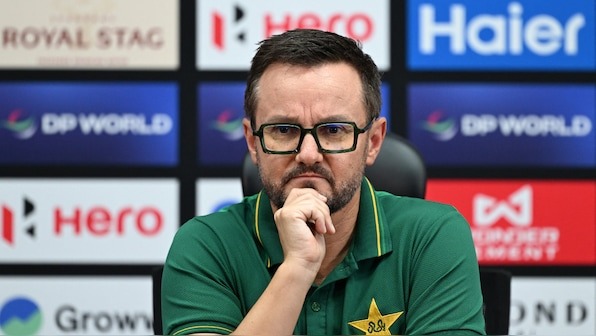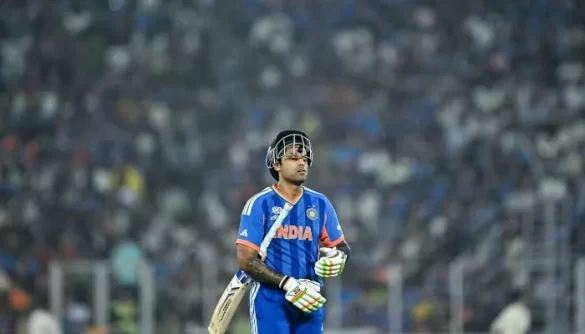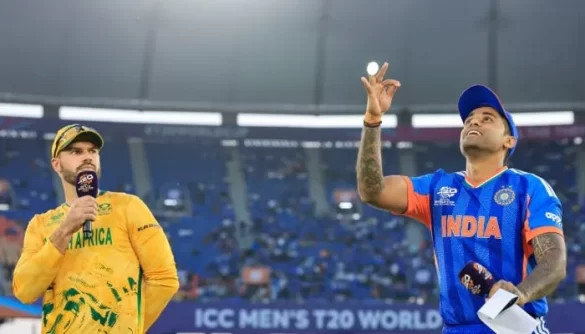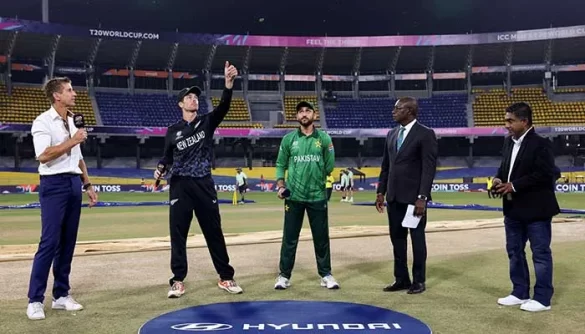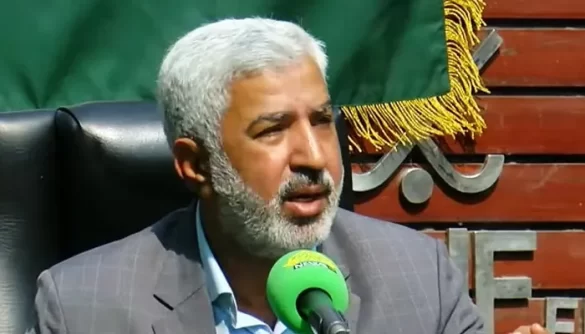Coach Voices Frustration After High-Stakes Match
Pakistan’s white-ball cricket head coach, Mike Hesson, has expressed disappointment after Indian players reportedly refused to shake hands following the Asia Cup 2025 clash between the two rivals.
Speaking at the post-match press conference in Dubai, Hesson noted that Pakistan’s players approached their opponents to observe the long-standing tradition of handshakes. However, India’s team instead walked directly toward their dressing room.
“Obviously, we went there to shake hands at the end of the game,” Hesson told reporters. “But our opposition was already heading off the field. We were disappointed by that behavior.”
Handshakes and the Spirit of Cricket
In international cricket, handshakes at the end of a match symbolize respect and sportsmanship, regardless of the outcome. The gesture is particularly meaningful in fixtures involving Pakistan and India, where tensions often spill beyond the field — as seen when Pakistan lodged a formal protest over India’s conduct at the Asia Cup 2025.
Hesson stressed that his players were willing to put aside their own disappointment at losing the match in order to maintain the game’s spirit. “We were not satisfied with our performance,” he admitted, “but the team was still ready to shake hands, as part of the sportsmanship we value.”
Impact on Team Morale
The coach added that the atmosphere created by the incident affected the entire squad. He pointed to captain Salman Ali Agha’s absence from the post-match presentation ceremony as partly linked to the mood in the camp.
“The environment was discouraging at that moment,” Hesson said. “It certainly impacted the emotions of the players.”
While he stopped short of directly criticizing India’s cricket board, his comments reflected growing concern within Pakistan’s camp about what they see as a disregard for tradition and respect.
Match Recap: India Defeats Pakistan by Seven Wickets
The controversy unfolded after India secured a commanding victory. Chasing Pakistan’s total, the Indian side won by seven wickets, further intensifying the emotions on the Pakistani bench.
The defeat marked another challenging moment for Pakistan in their Asia Cup campaign. While the team had shown flashes of resilience, errors in batting and fielding proved costly. For fans and players alike, the lack of a handshake added insult to injury.
Rivalry Beyond the Scoreboard
Matches between India and Pakistan remain among the most-watched events in world cricket. Their rare encounters, limited mostly to tournaments such as the Asia Cup or ICC events, attract millions of viewers across South Asia and beyond.
However, political tensions between the two countries often spill over into the sporting arena, magnifying even minor gestures. A missed handshake, which might be overlooked in another contest, becomes a matter of intense scrutiny when involving these two rivals.
Former players and commentators have frequently stressed the importance of preserving mutual respect, arguing that the spirit of cricket must rise above political differences.
Reactions and Next Steps
While the PCB has already raised concerns over related incidents in the tournament, Hesson’s remarks bring fresh attention to the matter. Observers are now waiting to see whether the Asian Cricket Council (ACC) or the International Cricket Council (ICC) addresses the controversy.
For Pakistan, the episode has been framed as more than a breach of etiquette—it is a question of upholding the values that underpin the sport. For India, silence so far has left speculation unanswered about whether the decision not to shake hands was spontaneous or influenced by broader directives.
As the Asia Cup 2025 continues, both teams will face further challenges on the field. Yet the debate over sportsmanship, and what it means in the world’s fiercest cricketing rivalry, is likely to linger long after this match has faded from memory.

